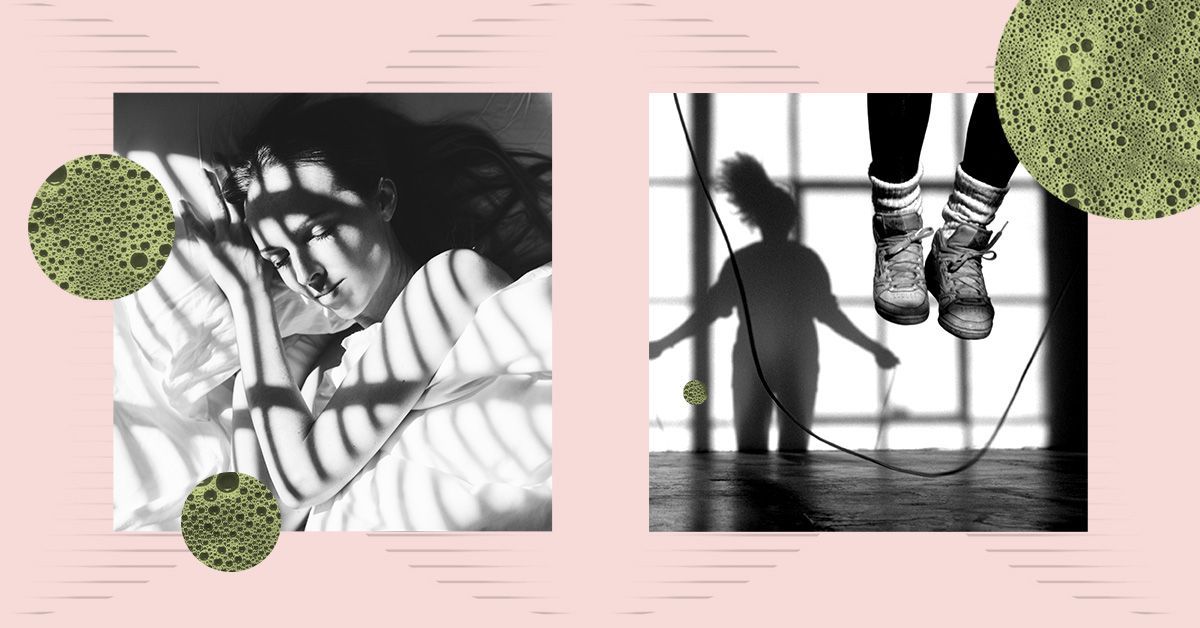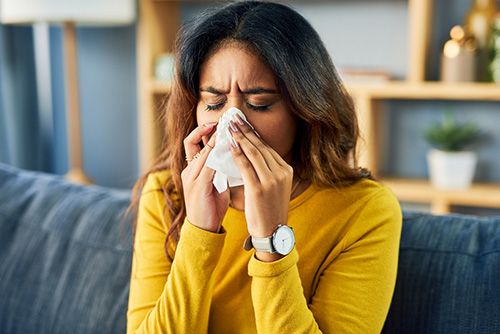In today’s fast-paced world, hormonal imbalances have become increasingly common among both men and women. These imbalances can lead to a wide range of symptoms, including fatigue, weight gain, mood swings, and trouble concentrating. While conventional treatments such as hormone replacement therapy can be effective, many individuals are seeking natural and holistic approaches to address their hormonal imbalances.
The Importance of Hormonal Balance
Before delving into holistic approaches to treating hormonal imbalances, it’s essential to understand the importance of hormonal balance in the body. Hormones are chemical messengers that regulate numerous bodily functions, including metabolism, mood, sleep, and reproduction. When these hormones become imbalanced, it can lead to a variety of health issues.
Common Causes of Hormonal Imbalance
There are several factors that can contribute to hormonal imbalances, including stress, poor diet, lack of exercise, and environmental toxins. Additionally, certain medical conditions such as polycystic ovary syndrome (PCOS) and thyroid disorders can also disrupt hormonal balance. It’s important to address the root cause of hormonal imbalances to effectively treat them.
Holistic Approaches to Treating Hormonal Imbalance
Fortunately, there are several natural and holistic approaches that can help restore hormonal balance in the body. These approaches focus on addressing the underlying causes of hormonal imbalances and promoting overall health and well-being. Some effective holistic treatments include:
1. Balanced Diet
A balanced diet plays a crucial role in maintaining hormonal balance. Eating a variety of nutrient-dense foods such as fruits, vegetables, whole grains, and lean proteins can help support hormone production and regulation. Avoiding processed foods, sugar, and excess caffeine can also help prevent hormonal disruptions.
2. Regular Exercise
Regular physical activity is essential for hormone balance. Exercise helps reduce stress levels, improve sleep quality, and promote overall well-being. Aim for at least 30 minutes of moderate-intensity exercise most days of the week to support hormonal health.
3. Stress Management
Chronic stress can disrupt hormone balance and lead to a variety of health issues. Finding healthy ways to manage stress, such as meditation, yoga, deep breathing exercises, and spending time in nature, can help restore hormonal balance. Prioritizing self-care and relaxation is essential for hormone health.
4. Herbal Supplements
Several herbal supplements, such as ashwagandha, maca root, and chasteberry, have been shown to support hormone balance. These supplements can help regulate menstrual cycles, reduce symptoms of menopause, and improve mood and energy levels. Consult with a healthcare provider before adding herbal supplements to your routine.
5. Essential Oils
Essential oils have been used for centuries to promote hormonal balance and overall well-being. Lavender, clary sage, and peppermint are just a few essential oils known for their hormone-balancing properties. Diffusing these oils or using them topically can help support hormone health.
Seeking Professional Guidance
While holistic approaches can be effective in treating hormonal imbalances, it’s essential to seek advice from a healthcare provider or a qualified naturopath before making any significant changes to your lifestyle or adding supplements to your routine. They can help identify the underlying causes of hormonal imbalances and develop a personalized treatment plan tailored to your specific needs.
By taking a holistic approach to treating hormonal imbalances, you can support your body’s natural healing mechanisms and promote long-term health and well-being. With the right combination of diet, exercise, stress management, supplements, and essential oils, you can restore hormonal balance and feel your best every day.
Conclusion
Addressing hormonal imbalances naturally through holistic approaches can be a safe and effective way to support hormone health and overall well-being. By focusing on a balanced diet, regular exercise, stress management, herbal supplements, and essential oils, you can restore hormonal balance and alleviate symptoms associated with imbalances. Remember to consult with a healthcare provider before making any significant changes to your routine, and prioritize self-care and relaxation to support hormone health.


